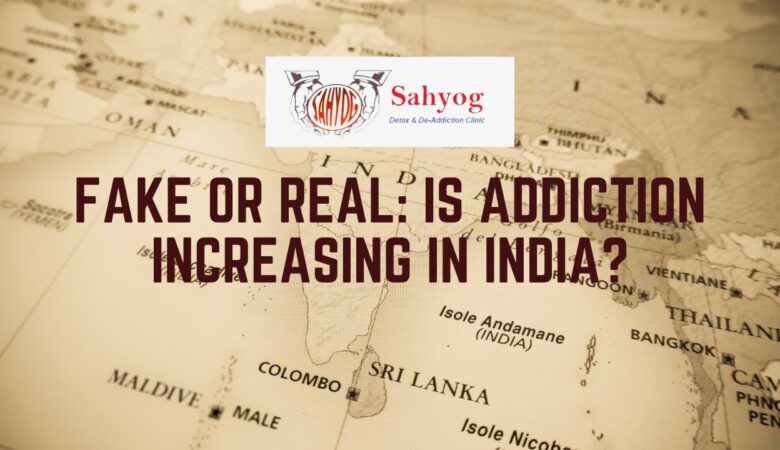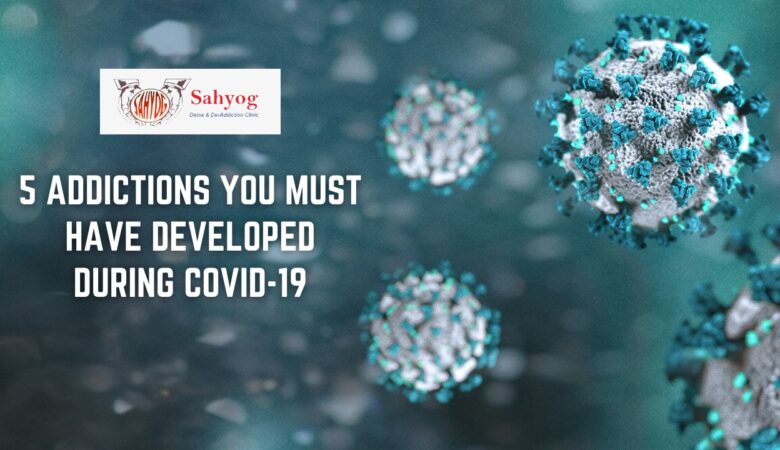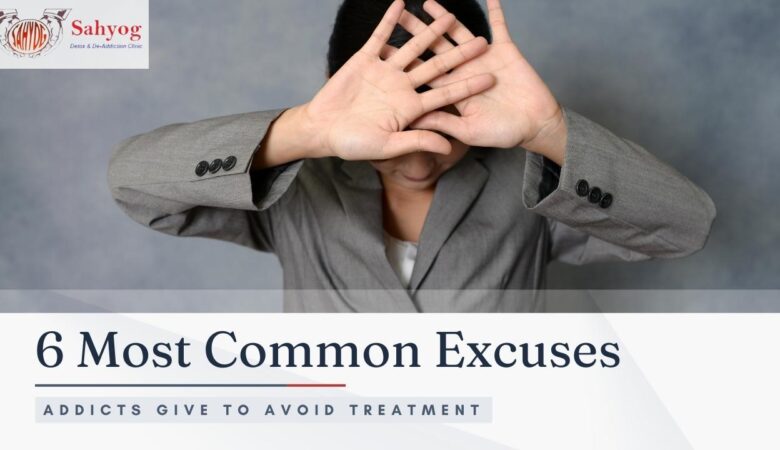Fake or real: is addiction increasing in India?
It’s not always easy to get into rehab, but once you’re in, it’s even harder to stay there and recover from your addiction and the cravings that come with it. However, there are many centers that offer effective treatment, as long as you find the right one. Here’s how to do it. India has always been the country with high rate of addiction, especially to drugs and alcohol, but the problem seems to be getting bigger and bigger recently, so much that many rehab centers are mushrooming across the country in response to the increasing demand of people looking to overcome addiction. While there are plenty of cases of fake rehabilitation centres preying on desperate families trying to deal with their addicted loved ones, there are also institutions that have proven track records of helping addicts recover and start a new life while still holding on to their sobriety. How can one tell which rehab center to choose? And do they even work at all? How to tell if someone is an addict When we talk about addicts, it’s easy to think of common drug addictions like heroin or cocaine. But some drugs can lead to addiction much more quickly than others. And there are many other types of addictions that aren’t as commonly known. Looking for signs of addiction is a lot easier if you know what to look for and where on your loved one’s body you should look. Here are some of those things to watch out for. If you see any of these warning signs, don’t hesitate to get help, as addiction is increasing day by day. There are resources available and options available to help with an addiction problem. The longer an addict goes without treatment, the harder it will be for them to break free from their dependency on substances. Addicts need support and encouragement—not judgment—when trying to beat their dependencies. If you notice any of these signs, don’t ignore them. Instead, seek professional help immediately. How rehab helps alcoholics and drug addicts Rehab is a treatment option for addicts and alcoholics. It helps them to get rid of their addictions. This helps them to live normal lives again without any substance abuse. There are various options available for those who want to recover from addiction. One can attend self-help groups, join support groups, talk to loved ones or therapists, etc. Talking about drug rehabilitation centers, there are many such facilities across India that help people get rid of their addiction problems and such facility centers are also increasing. These centers provide excellent counselling services along with other amenities like proper diet and medication. They also have experienced staff members who guide patients through the recovery process step by step. A well-reputed drug rehabilitation center will be able to provide you with all these services at an affordable price. In addition to helping you overcome your addiction, they will also make sure that your health does not deteriorate during your stay at their facility. The best part about these centers is that they do not only focus on treating addiction, but also work towards preventing relapse among their patients. Some of them even provide aftercare services for some time after one has completed his/her treatment program to ensure sobriety. If you are looking for a good rehabilitation center, then contact us today! We would love to help you out! Should you go to Alcoholics Anonymous/Narcotics Anonymous If you’re an addict, and you believe that AA/NA is part of your solution to recovery, I can’t tell you whether you are that AA/NA does work for some—those who have found a spirituality (or religion) that works for them. If going means something to you and if it provides a sense of community and support for which you wouldn’t otherwise have been able to find elsewhere, then certainly go. Don’t let anyone tell you otherwise. The important thing is to be honest with yourself about why you’re going and what you hope to get out of it. Don’t just do it because everyone else goes because while there may be many other addicts at AA/NA meetings, they may be there for entirely unique reasons than yours. And don’t think that you need to go every day; often one meeting per week is enough. And don’t try to compare yourself to others; each person has their path and their struggles. It’s up to you to decide how much AA/NA helps you, but know that it won’t hurt. Why do AA/NA groups help AA and NA groups provide a space where recovering addicts can connect with other members who know what they’re going through. Occasionally, those feelings can be difficult to put into words, but when an addict opens up about his experience at a meeting, it can inspire another member who might have been struggling to find her voice. There are many times that individuals fall back into using because they don’t feel like they belong anywhere else. AA/NA meetings provide an outlet for individuals to feel welcomed and loved again. The fellowship of AA/NA meetings is often described as the family you choose. The sense of belonging is one of the most important aspects of recovery from addiction. If you want to help someone who is suffering from addiction, try attending a meeting yourself! You will meet some great people there and learn more about how you can help your loved one get sober. Additionally, if you ever need support or guidance while dealing with a friend or family member who is suffering from addiction, don’t hesitate to reach out to fellow members of AA/NA, as the rate of addiction is increasing day by day. They understand what you are going through and will do whatever they can to help. Many experts believe that open-mindedness and willingness on behalf of friends and family is vital for an individual looking to overcome addiction. What happens in Alcoholics Anonymous/Narcotics Anonymous (AA/NA) meetings? AA/NA meetings provide fellowship, mutual aid




